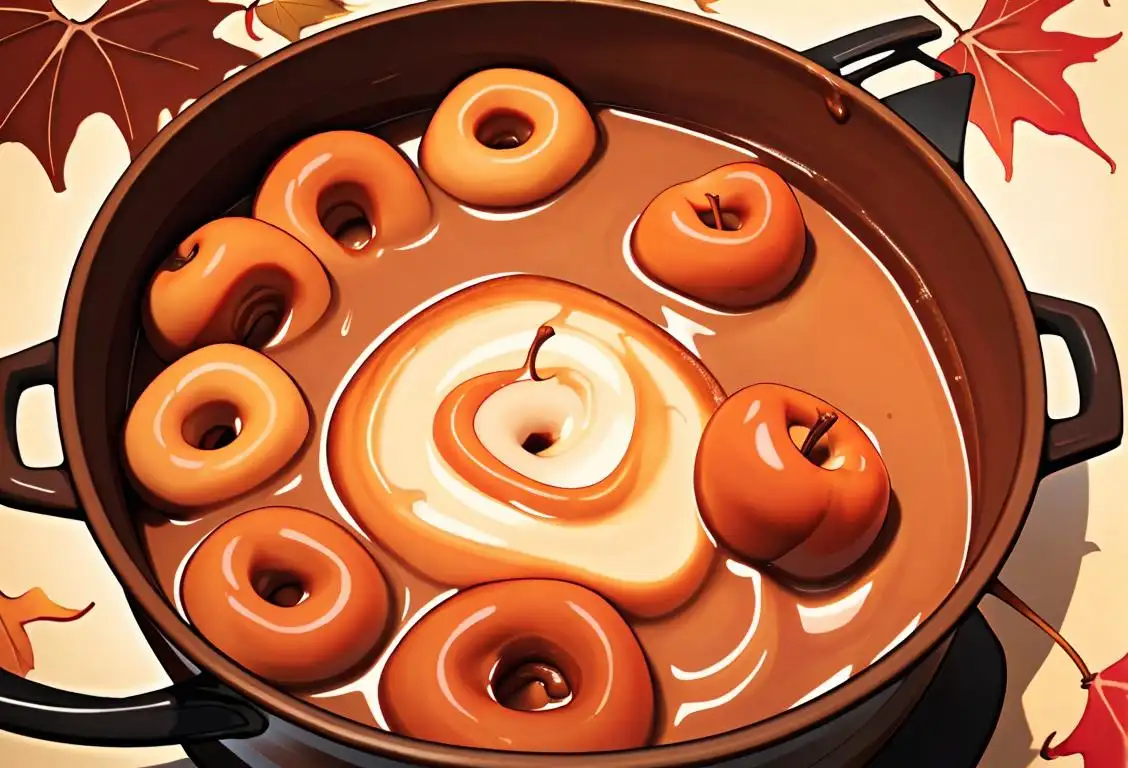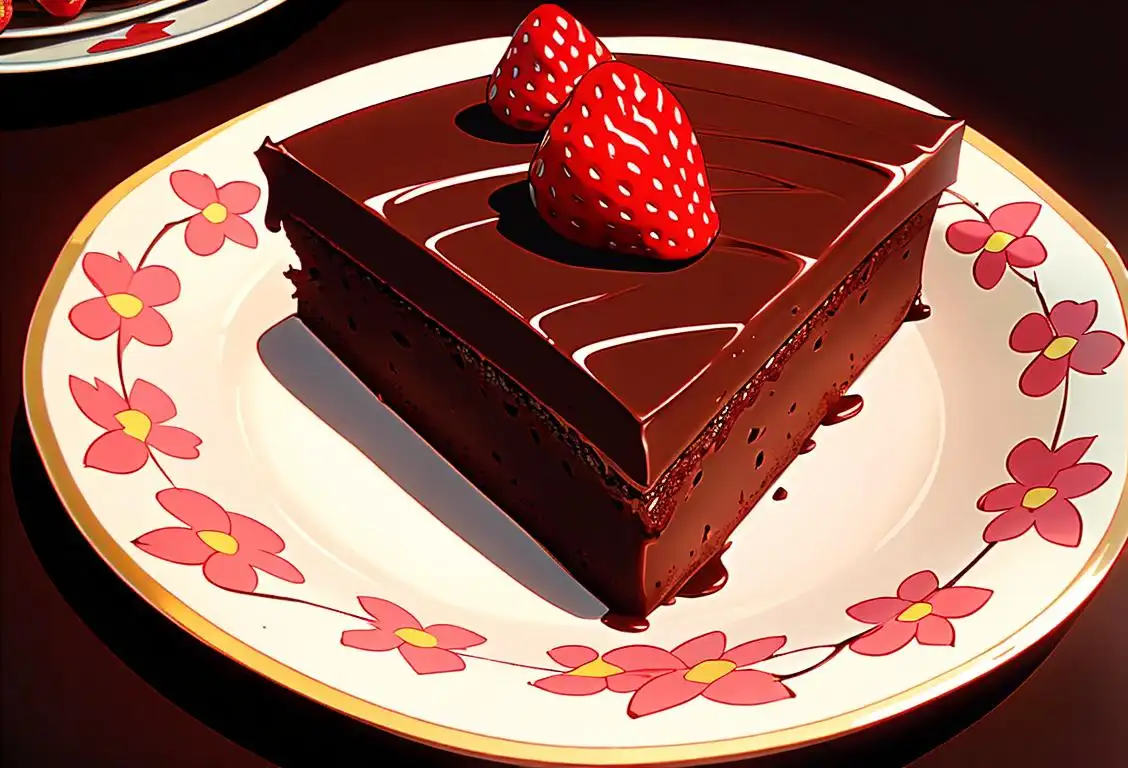National Carrot Cake Day

Ever loved a dessert so much that you wanted a day to celebrate it? Well, carrot cake aficionados have outdone themselves and have bagged a date on the calendar. Gather round to hear the tale of National Carrot Cake Day and why the internet can't get enough of this sweet, veggie-laced delight.
When is Carrot Cake Day?
It's national carrot cake day on the 3rd February.
History of Carrot Cake Day
Though the carrot cake has been tickling taste buds since medieval times when sugar and sweeteners were sparse and carrots, surprisingly sweet, became an economical substitute, the National Carrot Cake Day is a fairly recent commemoration. The day appears to solidify its place in the world of 'days' around 03 Feb 2017, baking its way to online fame with a whopping 2627 mentions!
Surprisingly, it isn't master bakers or garden-obsessed grannies who put the Day on the calendar but enthusiastic everyday netizens professing their love for this delicious treat.
How the Internet Celebrates
From fluffy GIFs of scrumptious slices to cake-decorating challenges, the internet is awash with carrot cake content every year. Folks share recipes, heartwarming tales of baking with their loved ones, and Instagram feeds overflow with drool-worthy carrot cake portrayals that could make even salad addicts swoon.
Savvy bakers and influencers alike take advantage of the day to dish out carrot cake trivia, such as the fact that the largest carrot cake ever baked weighed over 3 tons. Lines like these grab attention, and in turn, spawn more online mentions, tweets, retweets, likes, shares, and stories further baking this day into the digital world.
History behind the term 'Carrot Cake'
14th century
The Origins of Carrot Cake
Carrot cake can trace its roots back to the 14th century, during the Middle Ages. Initially, when sugar and sweeteners were scarce and expensive, carrots were commonly used as a substitute for sugar in baking. During this time, carrots were often used in sweet cakes and desserts to add natural sweetness and moisture. However, the modern version of carrot cake as we know it today was still far from existence.
18th century
Carrot Pudding Emerges
Throughout the 18th century, carrot pudding gained popularity in Europe, especially in Britain. This precursor to carrot cake was made by blending cooked carrots with breadcrumbs, sugar, spices like cinnamon and nutmeg, and sometimes almonds or currants. The mixture was then boiled or baked until it formed a delicious, sweet dessert. While not exactly carrot cake, it laid the foundation for the development of this beloved treat.
19th century
Carrot Cake Takes Shape in Switzerland
The 19th century witnessed the evolution of carrot cake into a more recognizable form. It was in Switzerland that the familiar combination of grated carrots, ground spices, nuts, and flour started appearing in cake recipes. Swiss carrot cakes often featured ingredients like walnuts, cinnamon, and cloves, which added depth and flavor to the cake. This marked a significant step towards the refined version we enjoy today.
20th century
Carrot Cake's Resurgence
In the early 20th century, carrot cake experienced a resurgence in popularity. This was partly due to the rationing efforts during World War II, which prompted people to find creative ways to use available ingredients. Carrots were widely available and affordable, making them a popular choice for baking. Moreover, the health-conscious trend during the mid-20th century also played a role in the increasing fascination with carrot-based desserts. Carrot cake became a popular choice for those seeking a healthier alternative to traditional sweet treats.
1970s
Carrot Cake Goes Mainstream
The 1970s marked a turning point for carrot cake, as it transitioned from a niche dessert to a mainstream favorite. The widespread availability of pre-grated carrots and the surge in home baking contributed to its increased popularity. Additionally, the addition of cream cheese frosting became the go-to topping for carrot cake. The creamy and tangy frosting perfectly complemented the sweet and spicy flavors of the cake, solidifying the classic carrot cake we know and love today.
Did you know?
Did you know that a slice of carrot cake can contain up to 2 servings of vegetables? Talk about a delicious way to sneak in your daily greens!Tagged
awareness food fun desserts bakingFirst identified
31st March 2015Most mentioned on
3rd February 2017Total mentions
2627Other days
Carrot Cake Day
Cream Pie Day
Pastry Day
Caramel Day
Chocolate Cake Day
Cupcake Day
Medal Of Honor Day
Pumpkin Day
Sweet Tea Day
Guac Day








